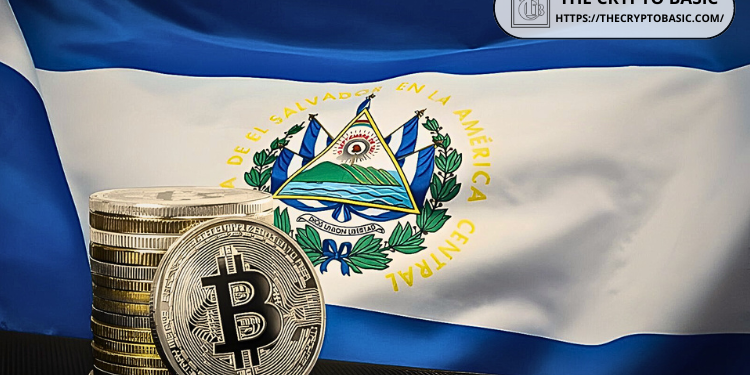IMF Presses for Reevaluation of Bitcoin Adoption in El Salvador Amid Regulatory Worries
Overview
Once again, the International Monetary Fund (IMF) is urging El Salvador to rethink its progressive approach to Bitcoin, emphasizing the necessity for a more comprehensive regulatory structure concerning digital currencies. The IMF’s push for a review comes as concerns persist regarding the economic risks tied to El Salvador’s adoption of Bitcoin as legal tender.
Expert View
In a recent statement, IMF Director of Communications, Julie Kozack, underscored ongoing conversations with El Salvador on the “risks associated with increased exposure to Bitcoin.” Kozack stressed the importance of narrowing the scope of El Salvador’s Bitcoin legislation, strengthening regulatory measures, and reducing the government’s involvement with the cryptocurrency. Highlighting that an unregulated digital asset landscape could jeopardize fiscal stability, Kozack expressed her concerns.
Market Landscape
In 2021, El Salvador made waves globally by officially recognizing Bitcoin as legal tender, a bold move met with both applause and skepticism. Despite IMF warnings about the potential consequences, especially given the current global economic conditions, El Salvador has continued to increase its stake in Bitcoin, recently purchasing 5,892 BTC worth around $362 million. Additionally, the country has committed to acquiring one Bitcoin daily since March 16, surpassing a 200-day streak.
Analysis of Impact
The IMF’s recent recommendations come at a critical juncture for El Salvador as it escalates its Bitcoin investments while simultaneously fortifying its regulatory framework. The recent declaration by Juan Carlos Reyes, President of the National Commission on Digital Assets (CNAD), regarding legislation empowering CNAD to oversee Bitcoin entities could indicate a move towards a more structured approach to managing digital assets. This legislative step is viewed as pivotal in establishing an environment where cryptocurrencies can thrive alongside regulatory supervision, potentially setting essential benchmarks for other nations contemplating similar frameworks for digital currencies.
Wrap-Up
Although El Salvador remains steadfast in its Bitcoin strategy, the IMF’s continuous calls for regulatory enhancements underscore the challenges of integrating digital currencies into a national economy. The success of El Salvador’s endeavors will rely on its ability to navigate issues related to fiscal stability, regulatory adherence, and market dynamics successfully. As global interest in cryptocurrencies evolves, El Salvador’s decisions could influence how the international community approaches the integration of digital assets on a broader scale.
Disclaimer: This content is intended for informational purposes exclusively and does not offer financial guidance. The opinions expressed are those of the author and may not align with those of The Crypto Basic. Readers are advised to conduct their research before making investment choices, as The Crypto Basic does not assume responsibility for any financial losses incurred.








